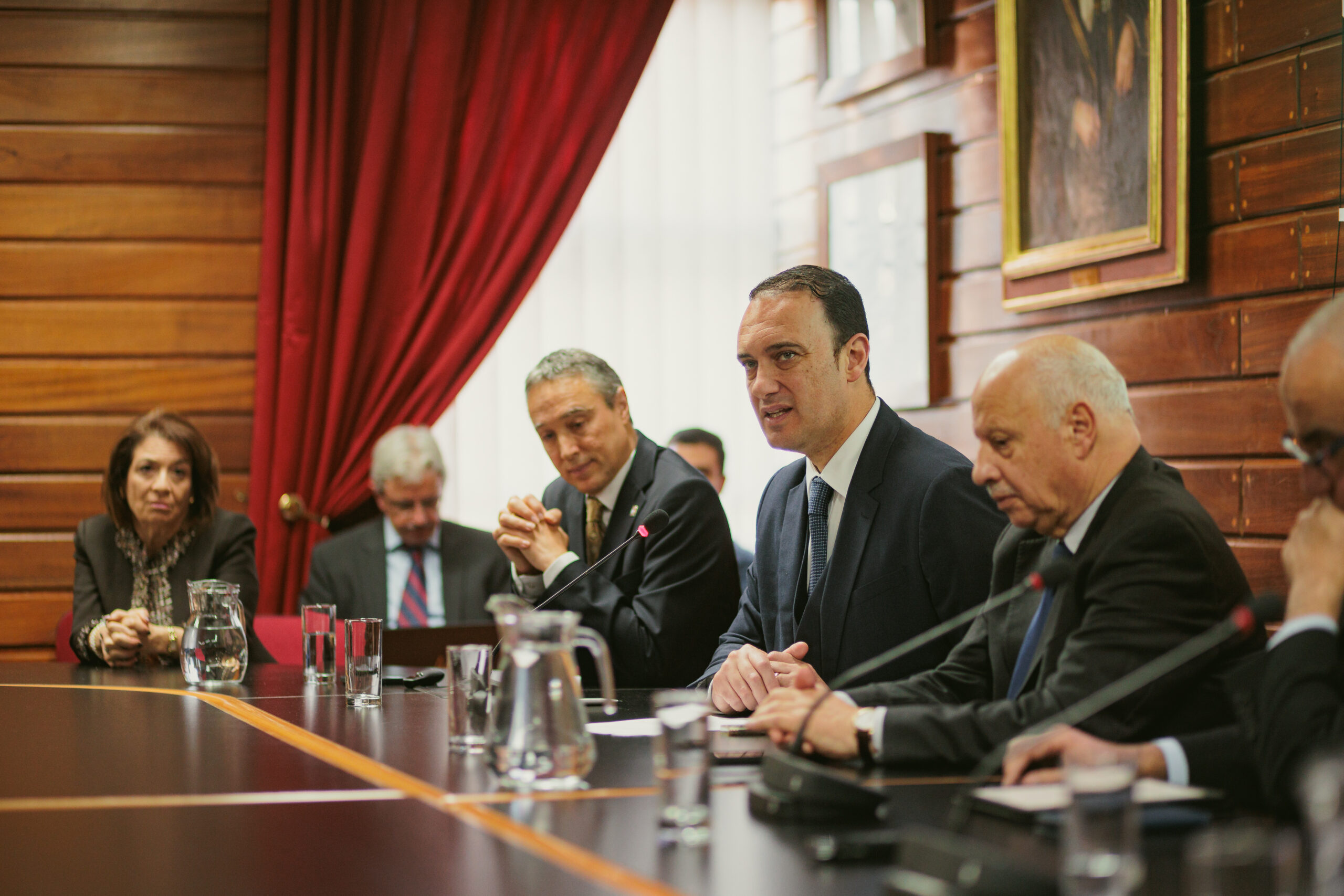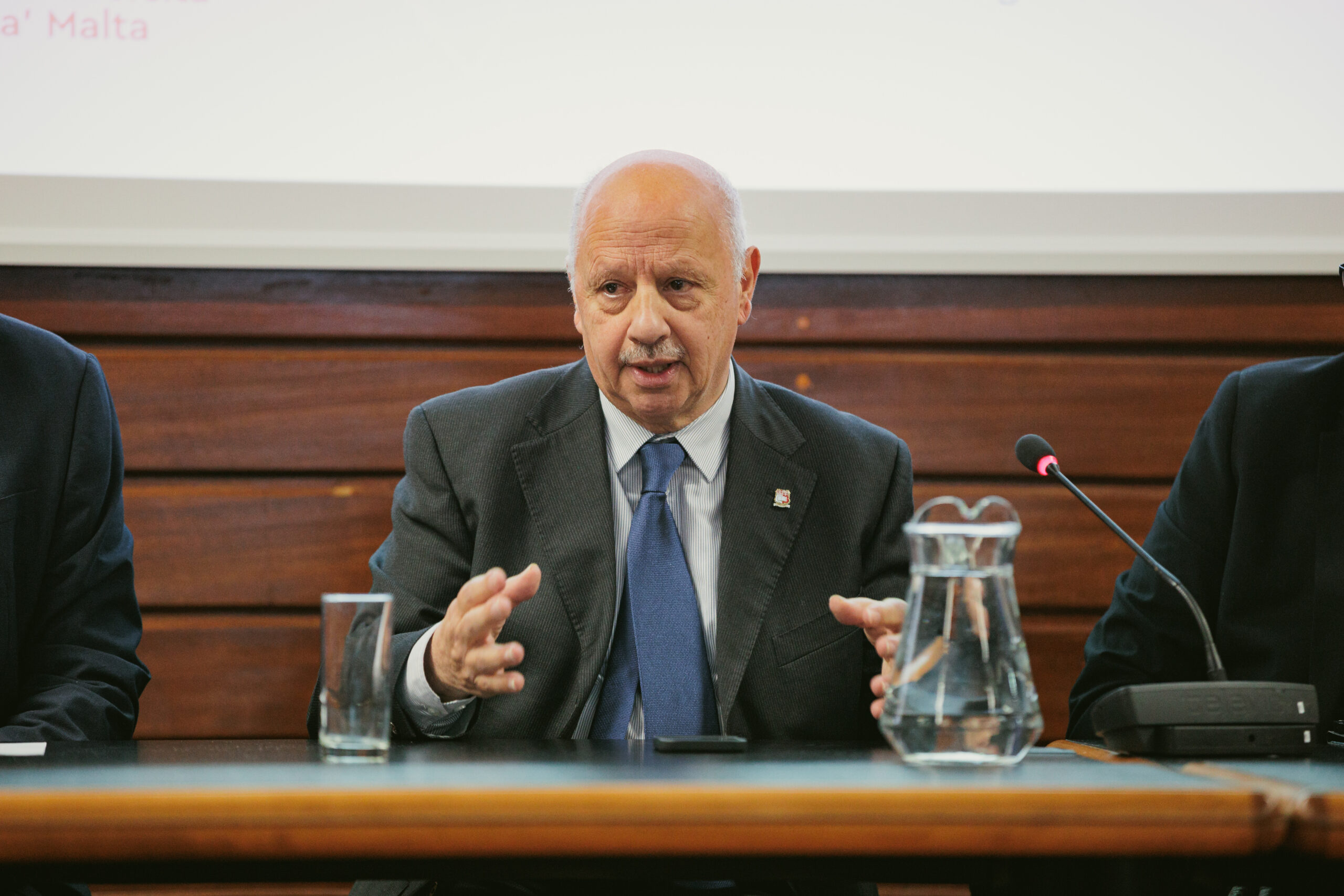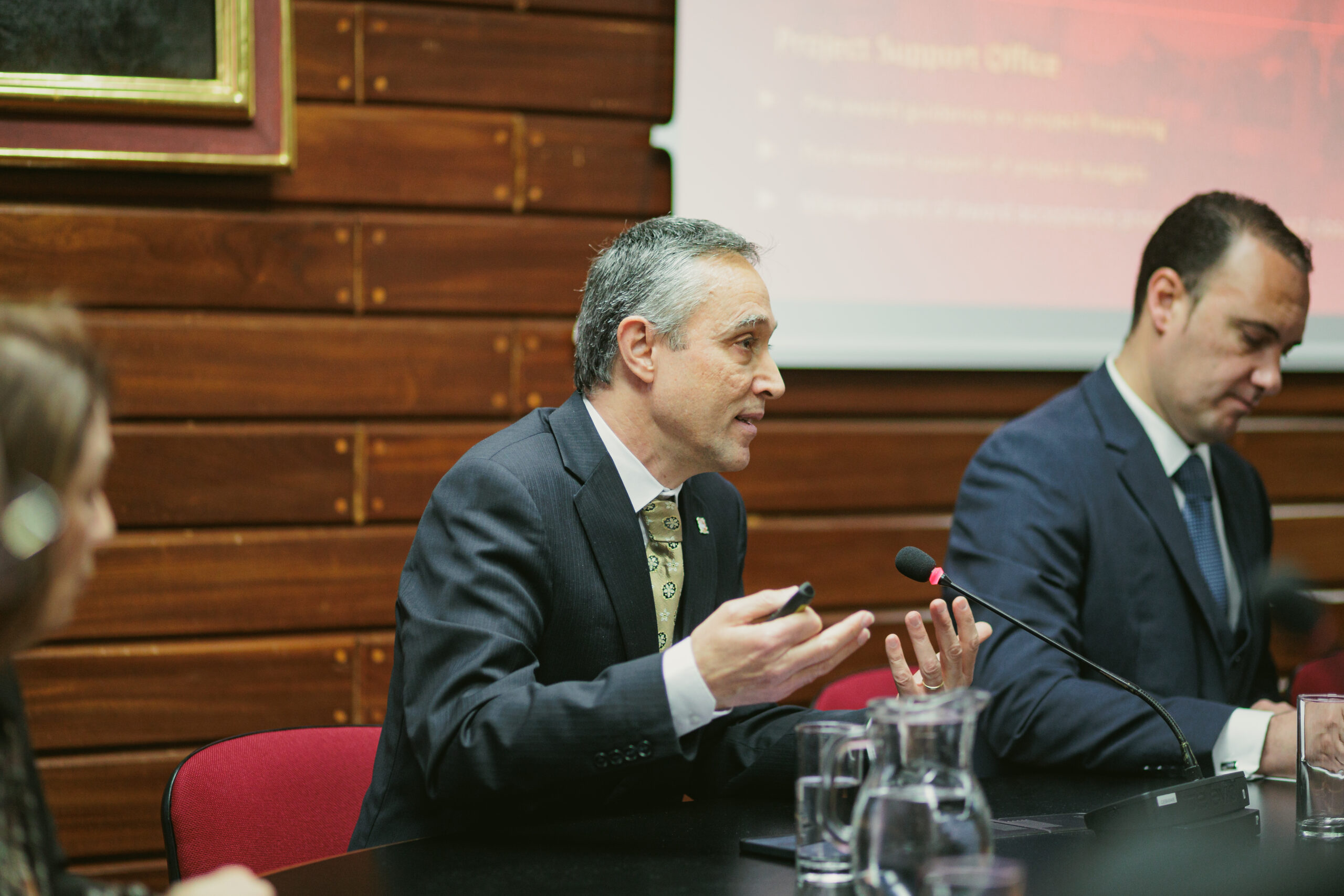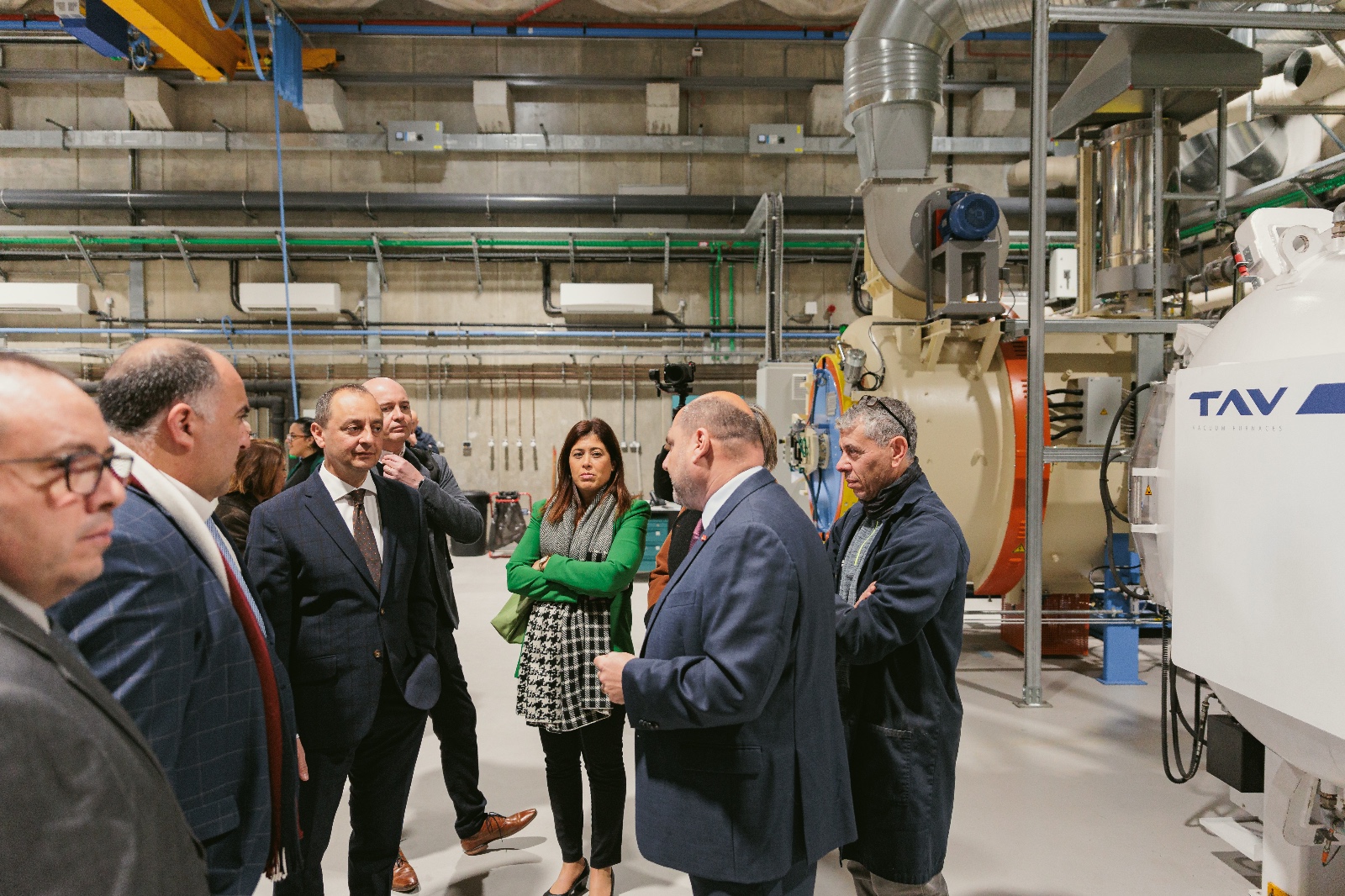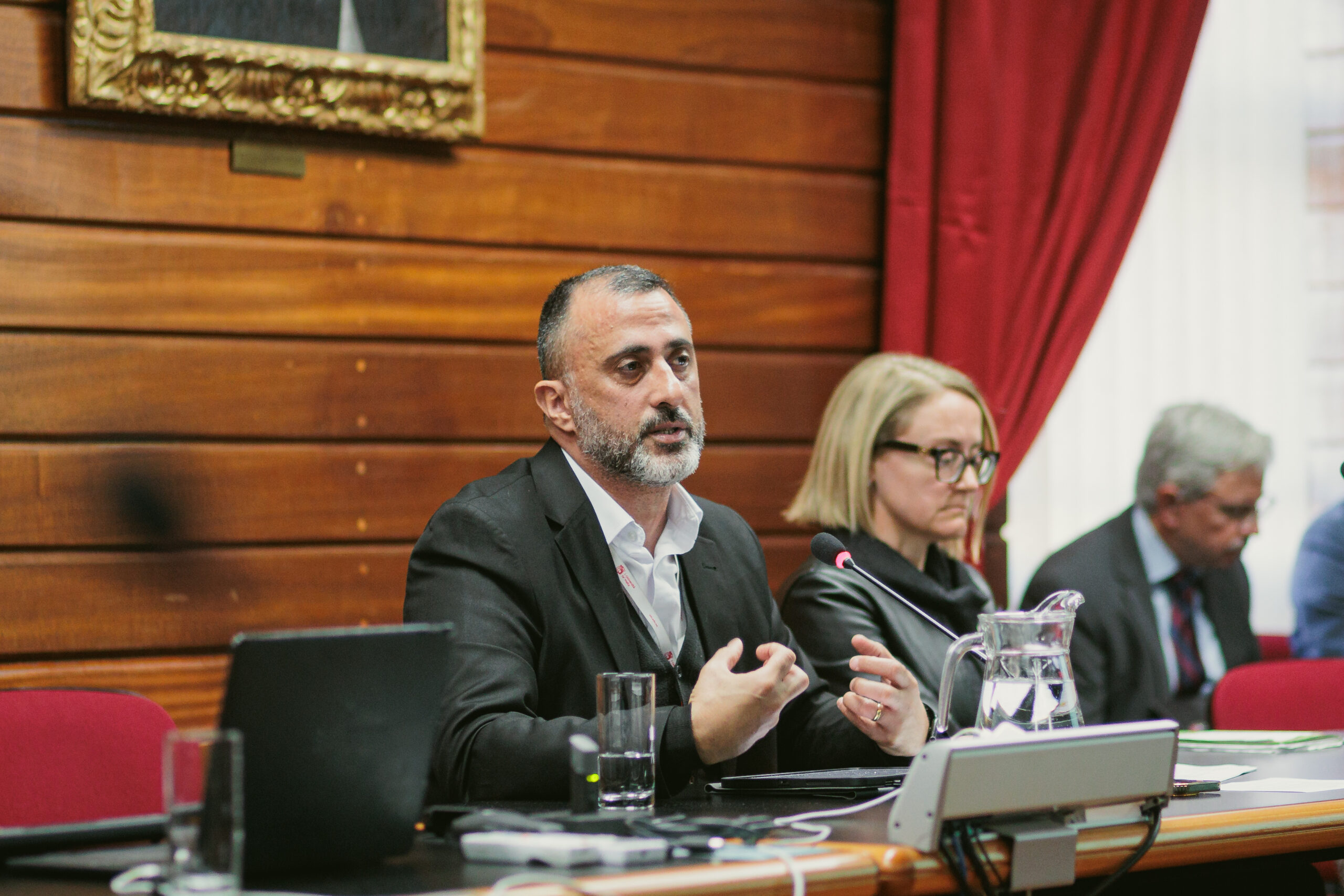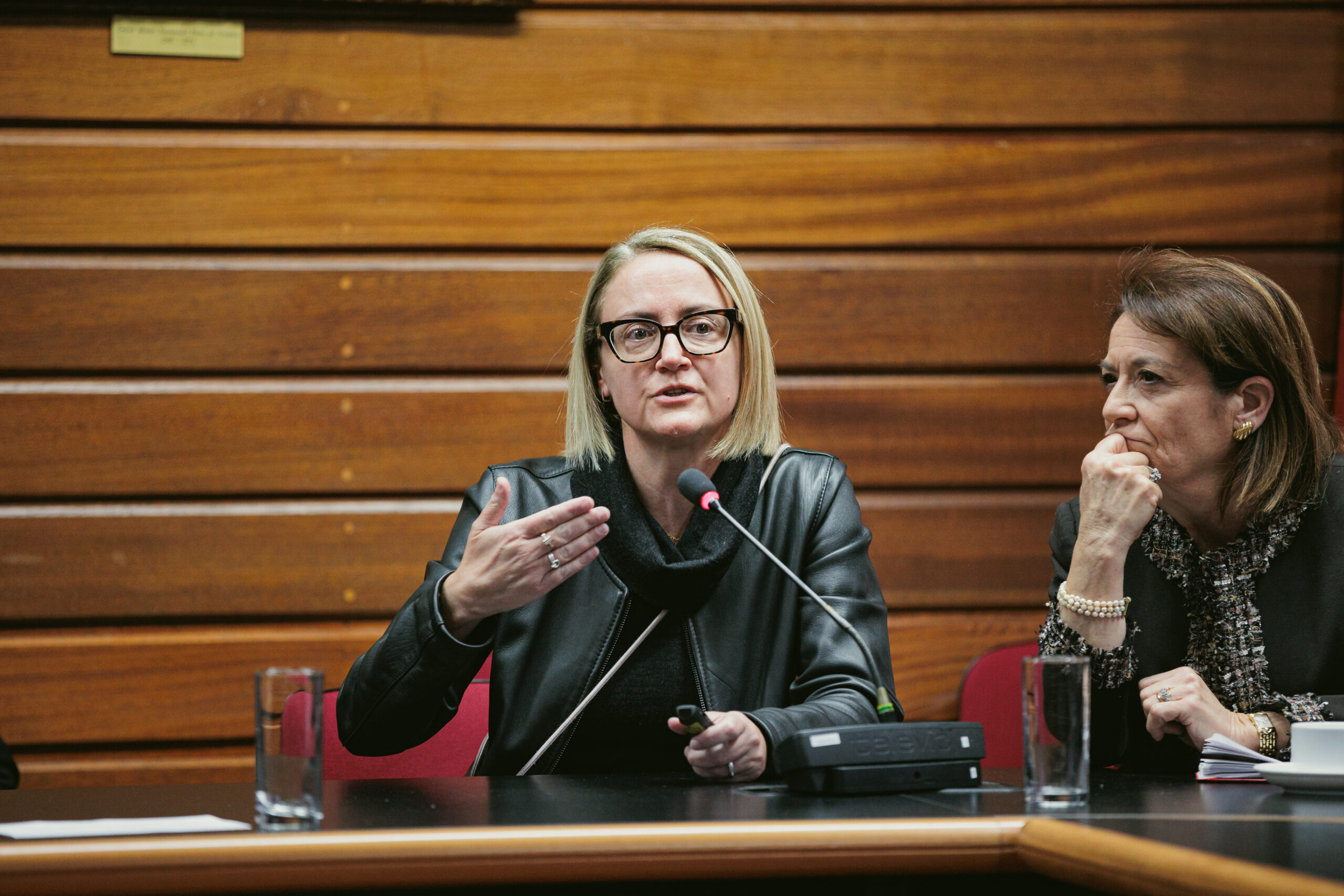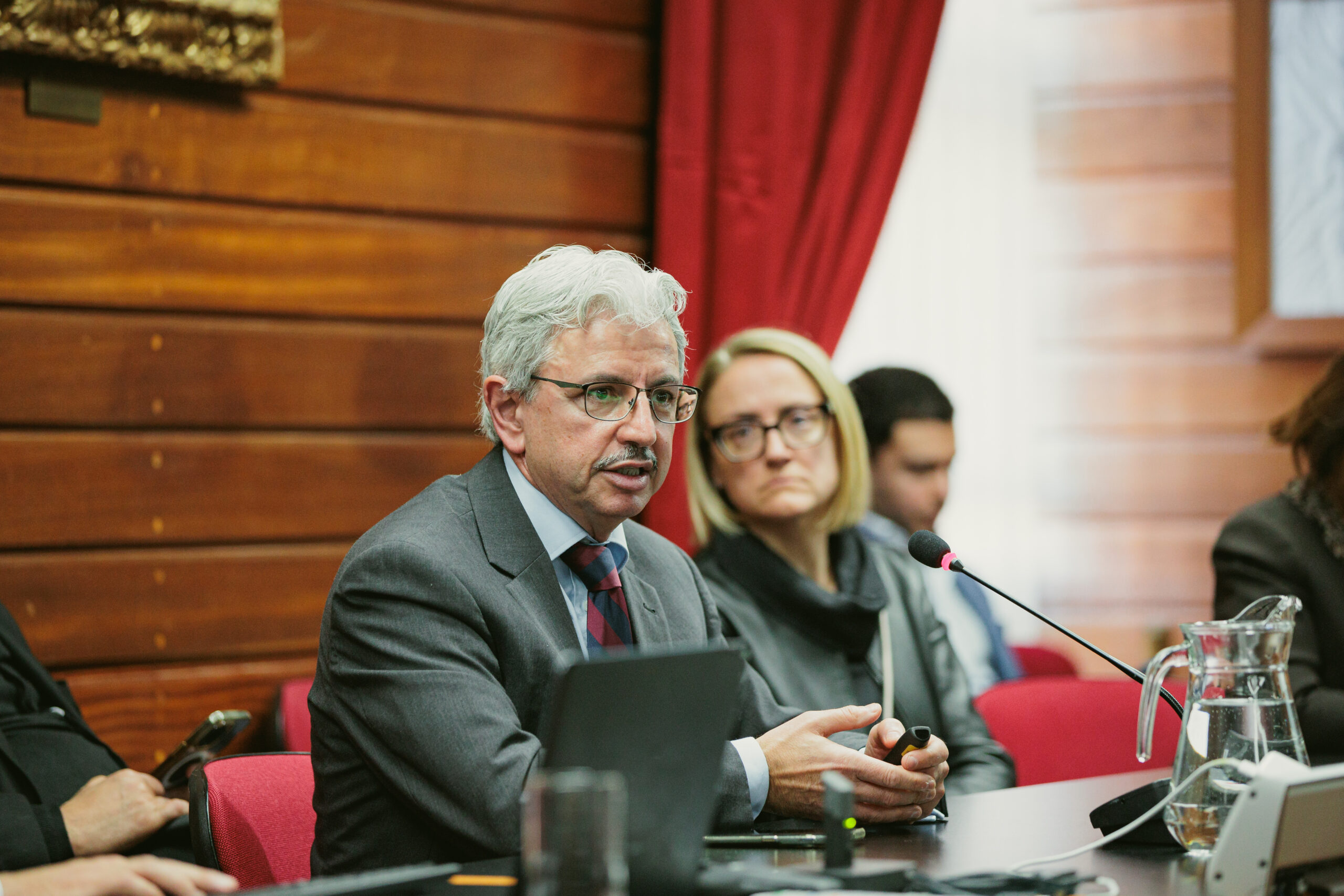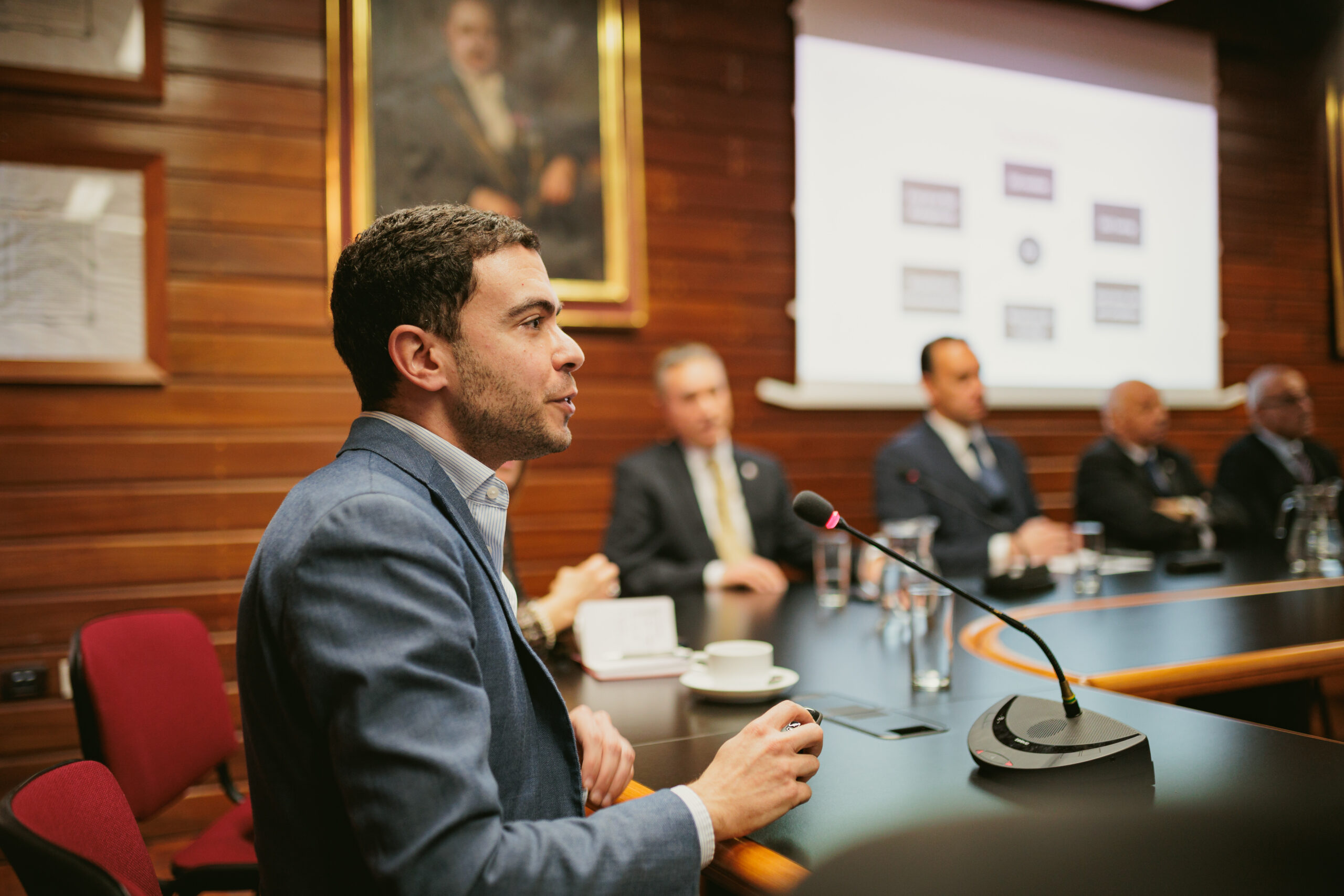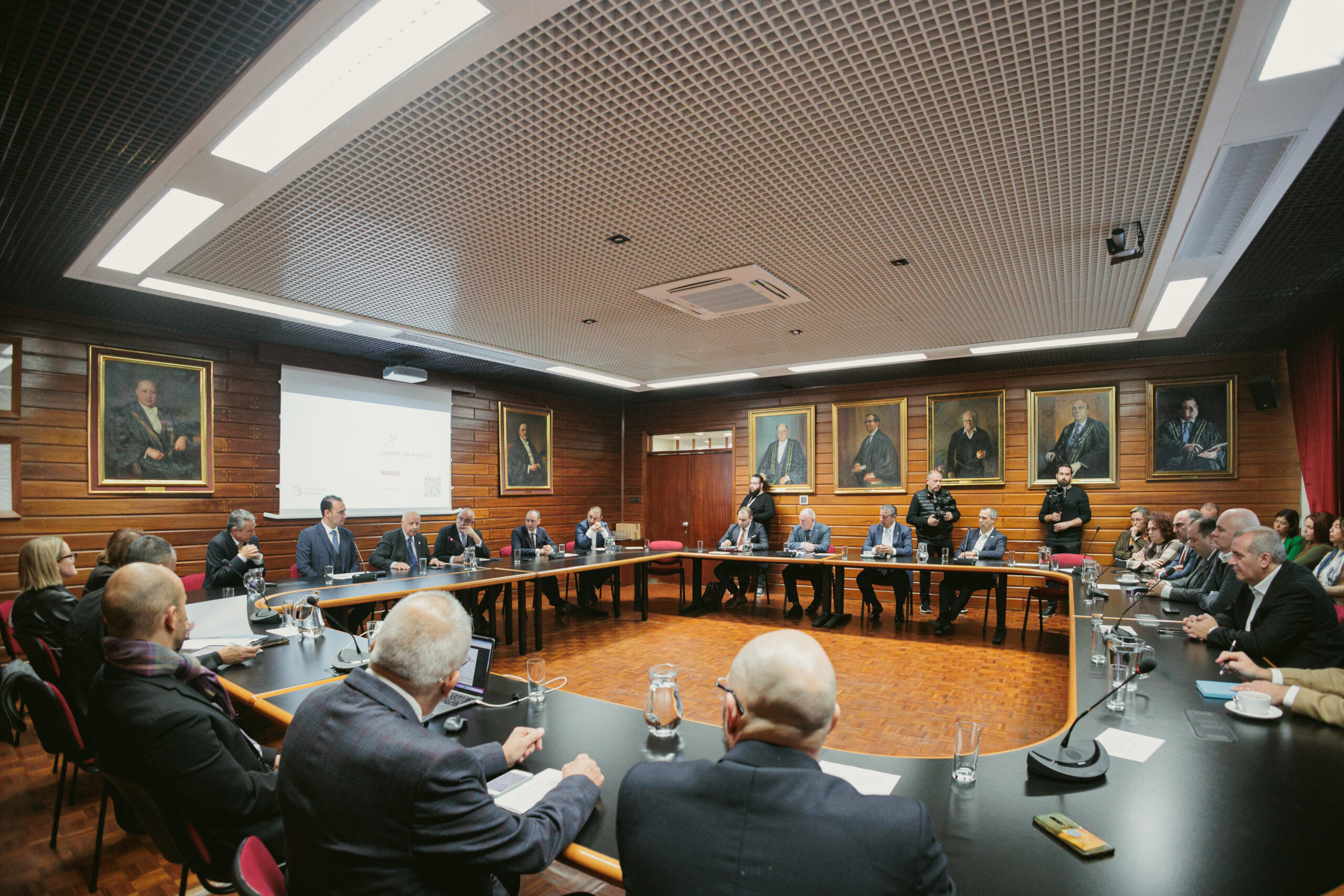MCESD Council Convenes at the University of Malta to underline the importance of ESG and update Social Partners with the latest Research and Innovation Insights in Malta
The MCESD, strongly committed to Environmental, Social, and Governance (ESG) principles, held its third council meeting at the University of Malta to explore collaboration opportunities in ESG practices, which are critical concerns for all organisations who want to manage risks, enhance performance, and benefit from a changing economic and social dynamic on issues such as climate change, human rights, ethics, and transparency. The meeting showcased the university’s ongoing research initiatives to all social partners present.
The MCESD Council meeting, led by the Deputy Chairperson Mr. Mark Musù, saw the participation of the University Rector Prof. Alfred Vella, the Pro-Rector Prof. Ing. Simon Fabri, the Minister for Education Hon. Clifton Grima, the Parliamentary Secretary for Social Dialogue Hon. Andy Ellul, and the Parliamentary Secretary for Research and Innovation Hon. Keith Azzopardi Tanti, along with other academics from various university faculties who all shared their insights.
At the meeting, Prof. Eng. Simon Fabri provided an extensive overview of the University’s robust research endeavours. He highlighted over 200 new research projects and nearly a thousand publications undertaken during the academic year 2022-2023.
Professor Andrew Azzopardi, Dean of the Faculty for Social Wellbeing, shed light on the faculty’s impactful research in social domains, emphasising the importance of disseminating findings to Government and Social Partners for public benefit.
Dr. Jonathan Spiteri, lecturer in the Faculty of Economics, Management, and Accountancy, explained the imperative for businesses to integrate ESG principles, promoting sustainability and future readiness to manage evolving risks.
Professor Luciano Mule Stagno, Director of the Institute for Sustainable Energy, underscored the institute’s pivotal role in energy conservation research and technology development.
Professors Simone Borg and Maria Attard from the Institute for Climate Change and Sustainable Development emphasised the crucial role of environmental discourse in shaping awareness and action for the betterment of society.
Following the presentations, the social partners were given the opportunity to learn and observe more about the impeccable work that the University is doing in the areas of research and innovation. On-site visits were held at the Center for Entrepreneurship and Business Incubation (CEBI) and at the Department of Metallurgy and Materials Engineering (DMME) laboratories, showcasing cutting-edge research and interdisciplinary collaboration.
The visits included presentations on artificial intelligence and digital gaming, which provided insightful and practical knowledge on areas such as Big Data, Robotics and Fintech, highlighting the University’s multifaceted contributions to societal advancement, innovation and current industry needs.
The Parliamentary Secretary Andy Ellul emphasised the essential role of Government’s investment in Research and Innovation to drive modern economic growth, enabling the country to progress sustainably and equitably through environmental preservation, social welfare, and governance standards. Hon. Ellul underscored the significance of fostering increased collaboration between the University and the MCESD. He further expressed that both the social partners and the Government are committed to strengthening the country’s industrial landscape while cultivating a more robust and resilient labour environment for the future.
The MCESD Social Partners expressed their appreciation for the organisation of this Council meeting. This engagement enables social partners to enhance their understanding and potentially improve their insights, knowledge, and recommendations, all of which stand to benefit employers, workers, and society at large. This collaboration signifies a further step in fostering cross-disciplinary cooperation to drive sustainable growth, social welfare, and innovation.
